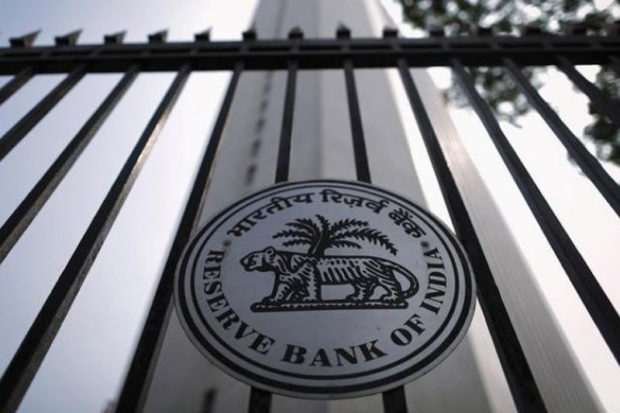

Team Udayavani, Apr 27, 2021, 12:07 PM IST

Mumbai: The Reserve Bank of India on Tuesday issued guidelines for appointment of statutory auditors of banks and non-banking finance companies (NBFCs), including housing finance companies.
”Guidelines for Appointment of Statutory Central Auditors (SCAs)/ Statutory Auditors (SAs) of Commercial Banks (excluding RRBs), UCBs and NBFCs (including HFCs)” will be applicable for financial year 2021-22 and onwards.
However, non-deposit taking NBFCs with asset size below Rs 1,000 crore have the option to continue with their extant procedure.
The guidelines provide necessary instructions for appointment of SCAs/SAs, the number of auditors, their eligibility criteria, tenure and rotation, etc. while ensuring the independence of auditors, the Reserve Bank said.
As the guidelines are being implemented for the first time for Urban Co-operative Banks (UCBs) and NBFCs from 2021-22, “they shall have the flexibility to adopt these guidelines from the second half of FY 2021-22, in order to ensure that there is no disruption”.
Banks and UCBs will be required to take prior approval of Reserve Bank of India (RBI) for appointment/reappointment of SCAs/SAs, on an annual basis, the guidelines said.
For entities with an asset size of Rs 15,000 crore and above as at the end of previous year, statutory audit should be conducted under joint audit of a minimum of two audit firms. All other entities should appoint a minimum of one audit firm for conducting statutory audit.
“It shall be ensured that joint auditors of the entity do not have any common partners and they are not under the same network of audit firms. Further, the entity may finalise the work allocation among SCAs/SAs, before the commencement of the statutory audit, in consultation with their SCAs/SAs,” it said.
The guidelines further said that in order to protect the independence of the auditors/audit firms, entities will have to appoint the SCAs/SAs for a continuous period of three years, subject to the firms satisfying the eligibility norms each year.
Udayavani is now on Telegram. Click here to join our channel and stay updated with the latest news.




Reliance Consumer Products Limited Acquires Velvette


Gold zooms past record Rs 89k-mark, silver rallies Rs 2,000 to 4-month high


Wholesale price inflation eases to 2.31pc in Jan


Karnataka signs MoUs worth Rs 2,220 cr on day two of GIM 2025


Celebrating Valentine’s Day: Airlines come up with rate discount, special menu


India Nets: Shami works on lengths with Morkel, Pant recovers after freak hit by Hardik shot


To ban or not to ban? Countries debate regulations on smartphone usage in schools


PM didn’t tell his good friend about country’s outrage over handcuffing Indian deportees: Congress


Maha Kumbh: Akhilesh seeks compensation to kin of devotees killed in accidents


“Namma Sante” buzz: From coconut shell art to pure honey delights!
You seem to have an Ad Blocker on.
To continue reading, please turn it off or whitelist Udayavani.